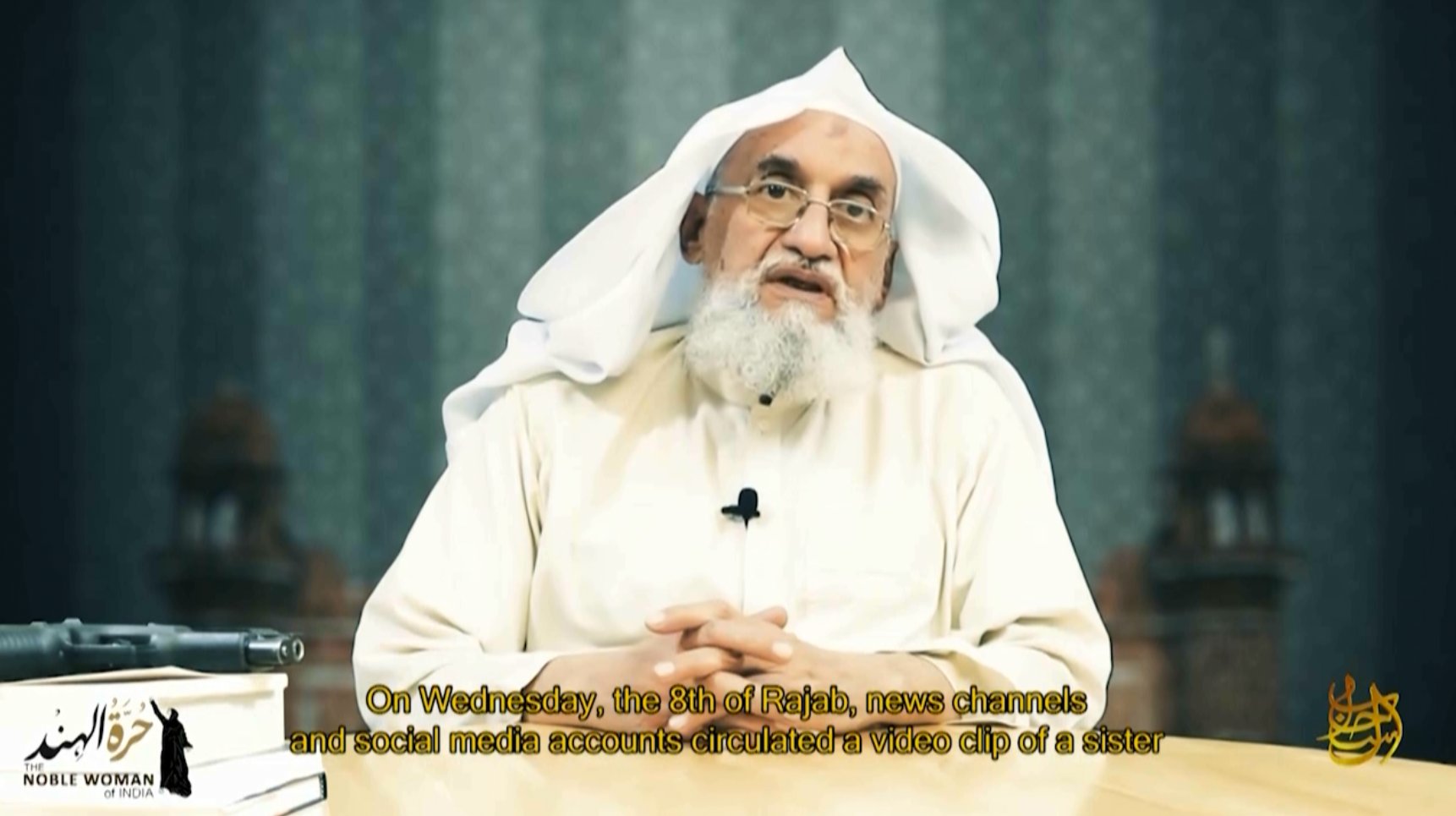Abu Ghaith and al-Qa’ida’s Dissident Faction in Iran
With the recent arrest of Sulaiman Abu Ghaith (Abu Yusuf Sulayman Jasim Bu Ghayth), al-Qa’ida’s former spokesman and Bin Ladin’s son-in-law, there has been much speculation in the press about a group of senior al-Qa’ida figures who have spent much of the last decade in Iran. In this post I will revisit the writings of these men, all of whom appeared online in unusual circumstances at the end of 2010, and the light that their writings shed on the Iranian sojourn of this group of al-Qa’ida’s pre-9/11 senior leadership. Taken together, these sources suggest that these men constituted a dissident faction within al-Qa’ida, one which in recent years had become increasingly vocal in their criticism of Bin Ladin, Zawahiri, and the direction that the latter had taken al-Qa’ida since the September 11 attacks. It also emerges that Abu Ghaith, while not a member of this faction at the beginning of this






